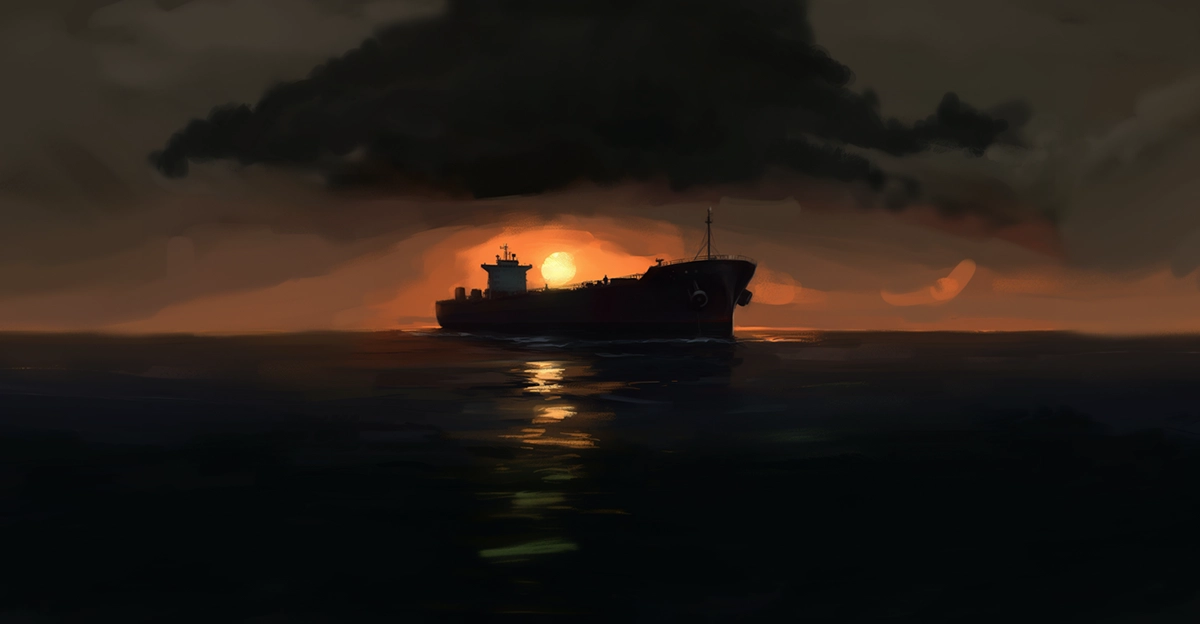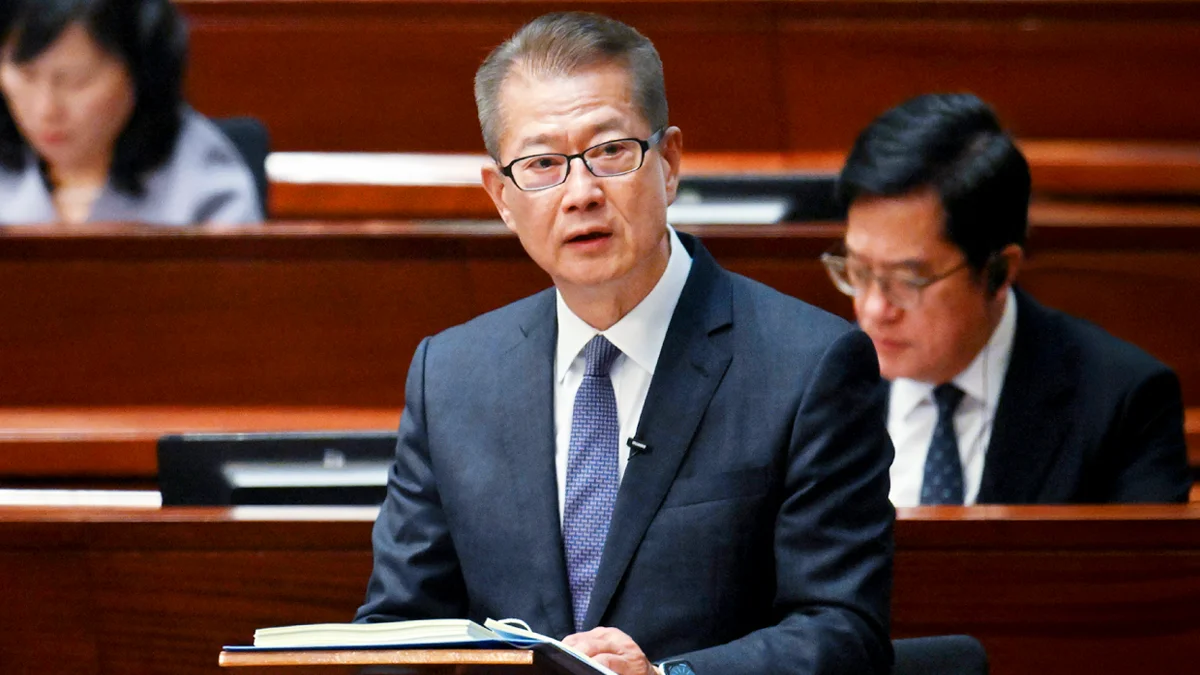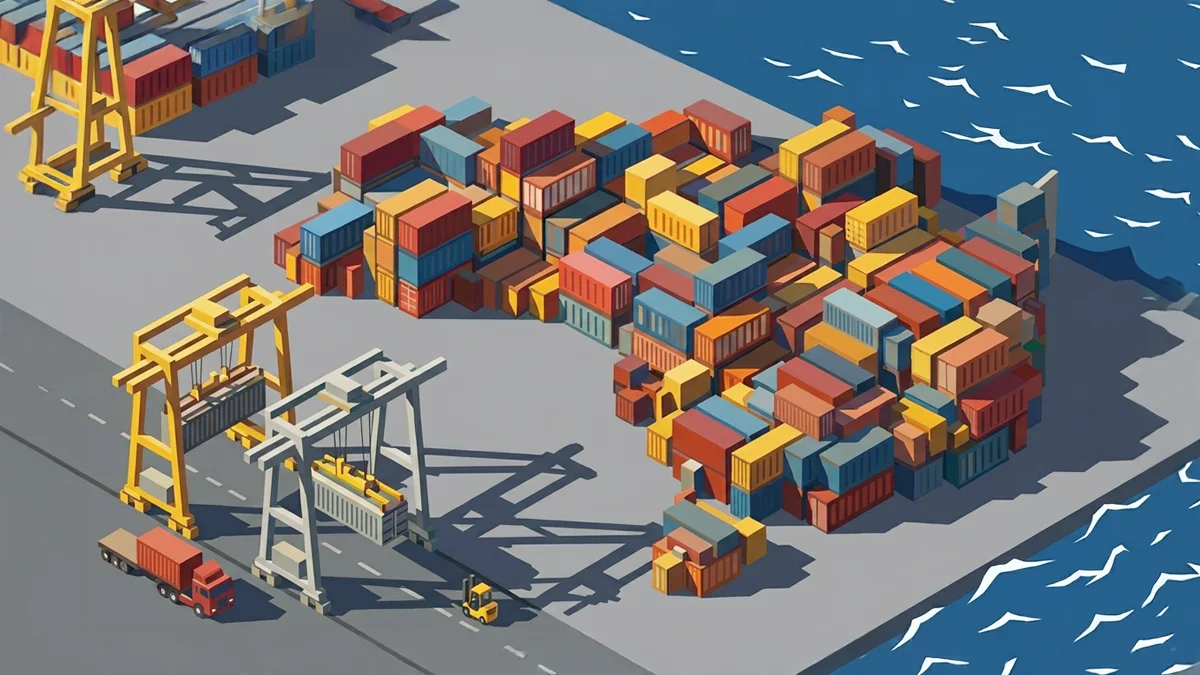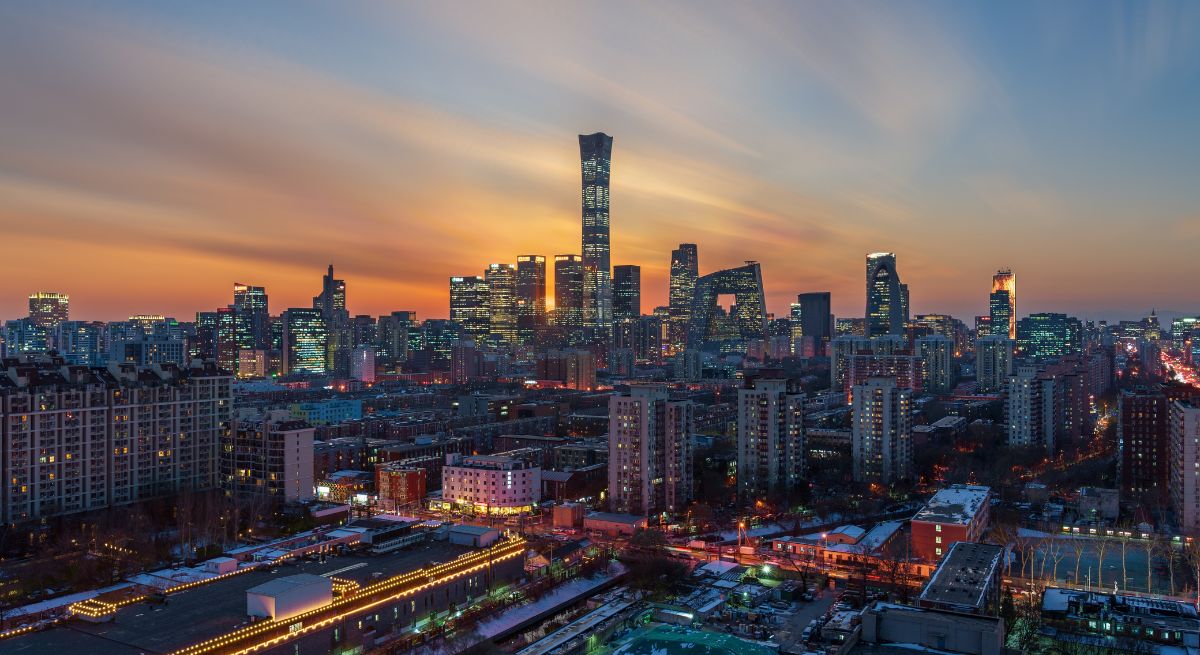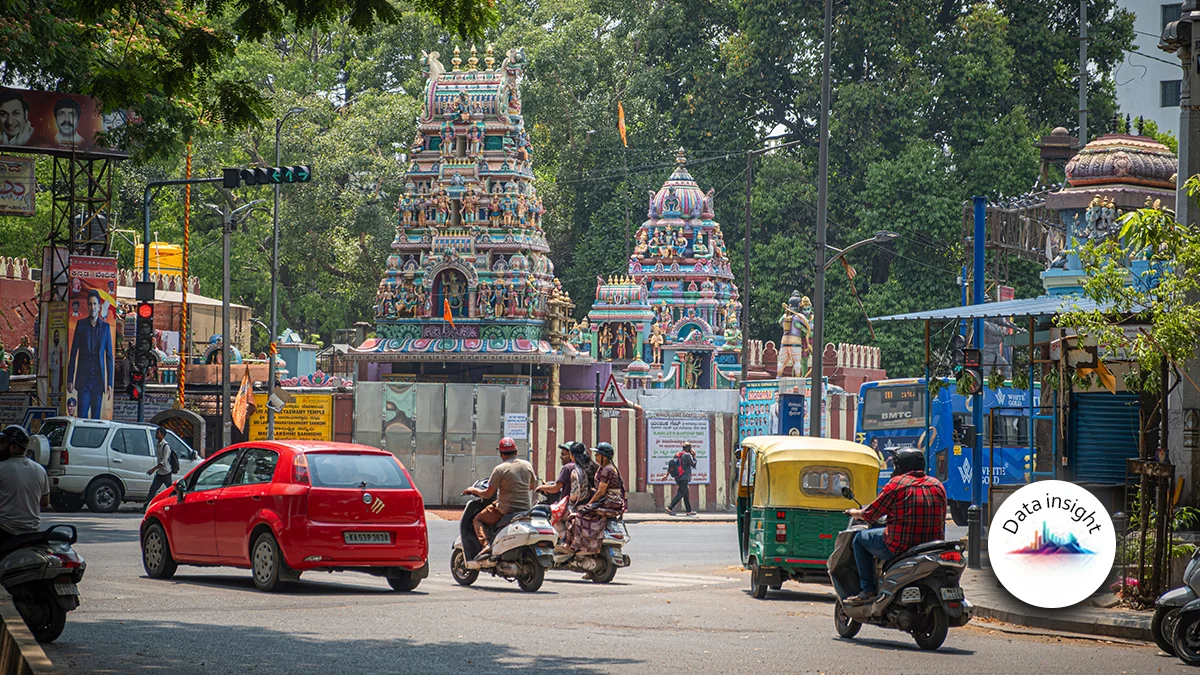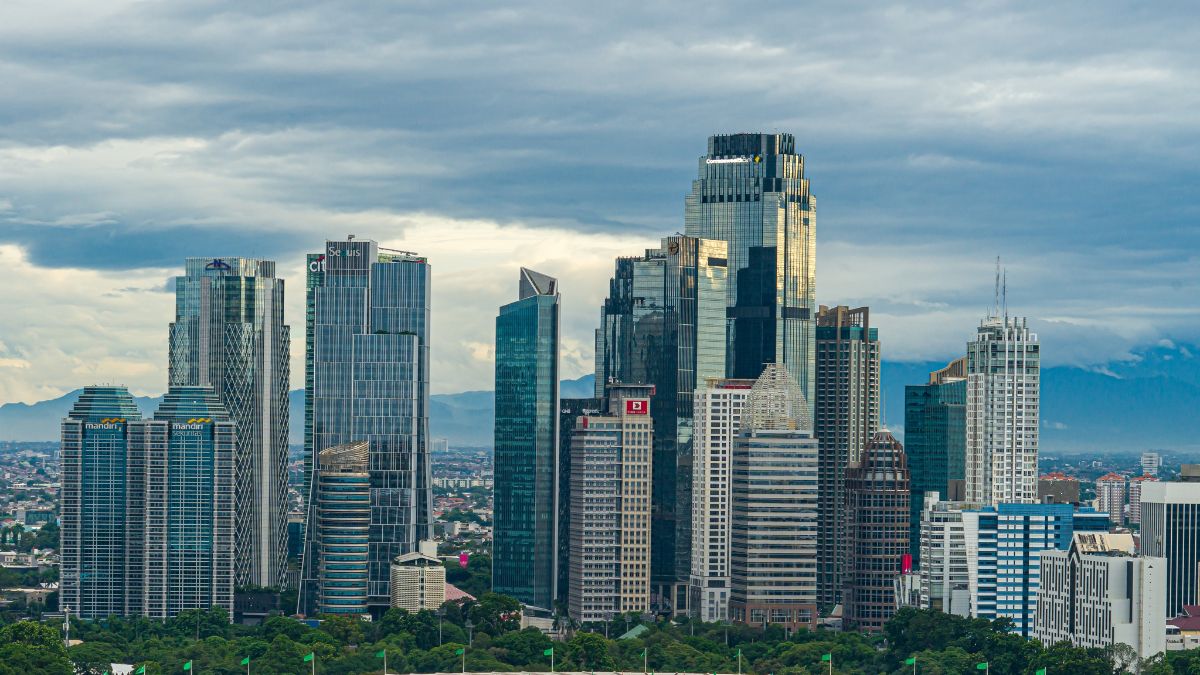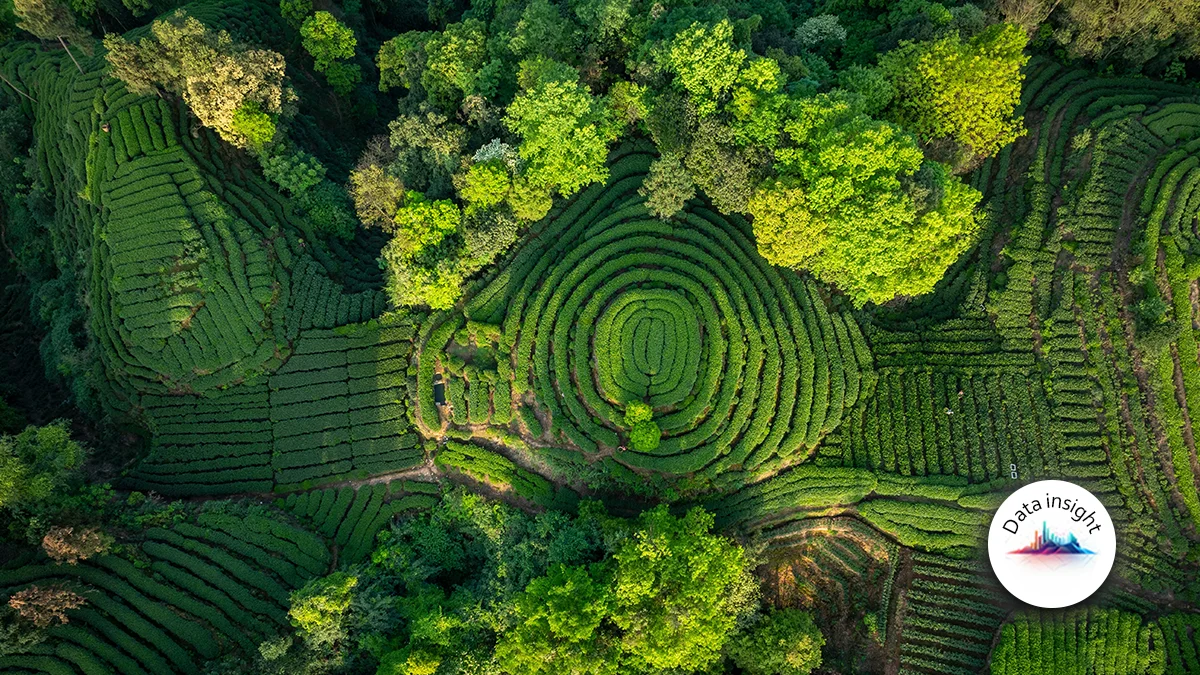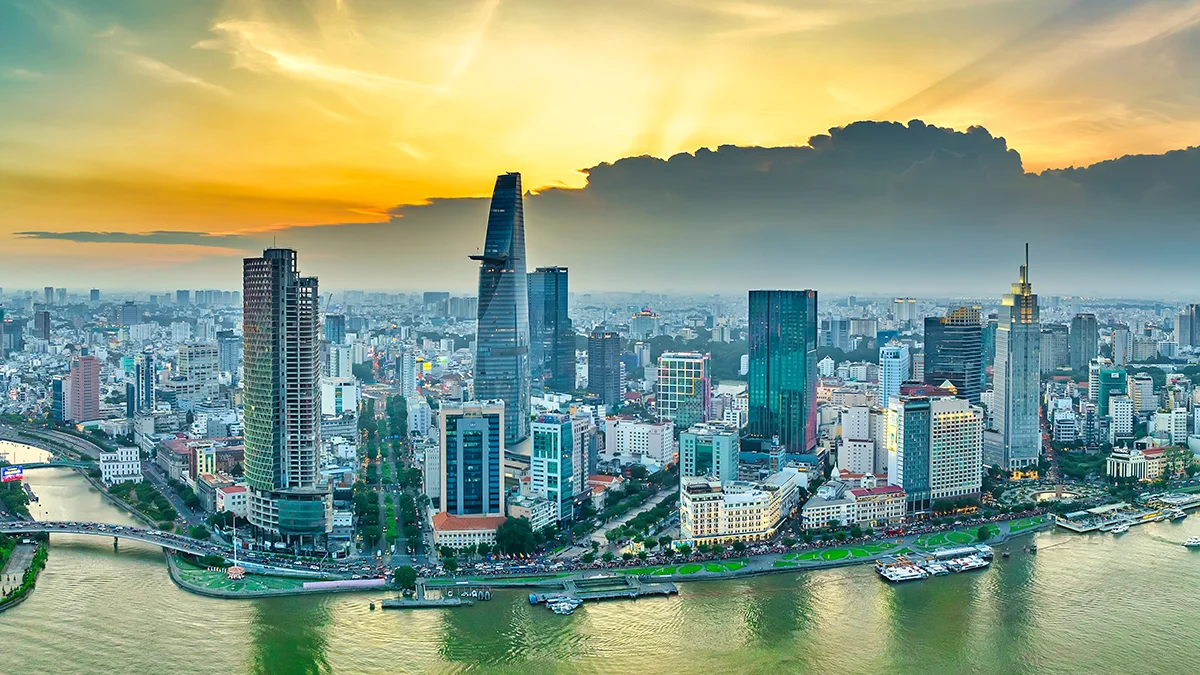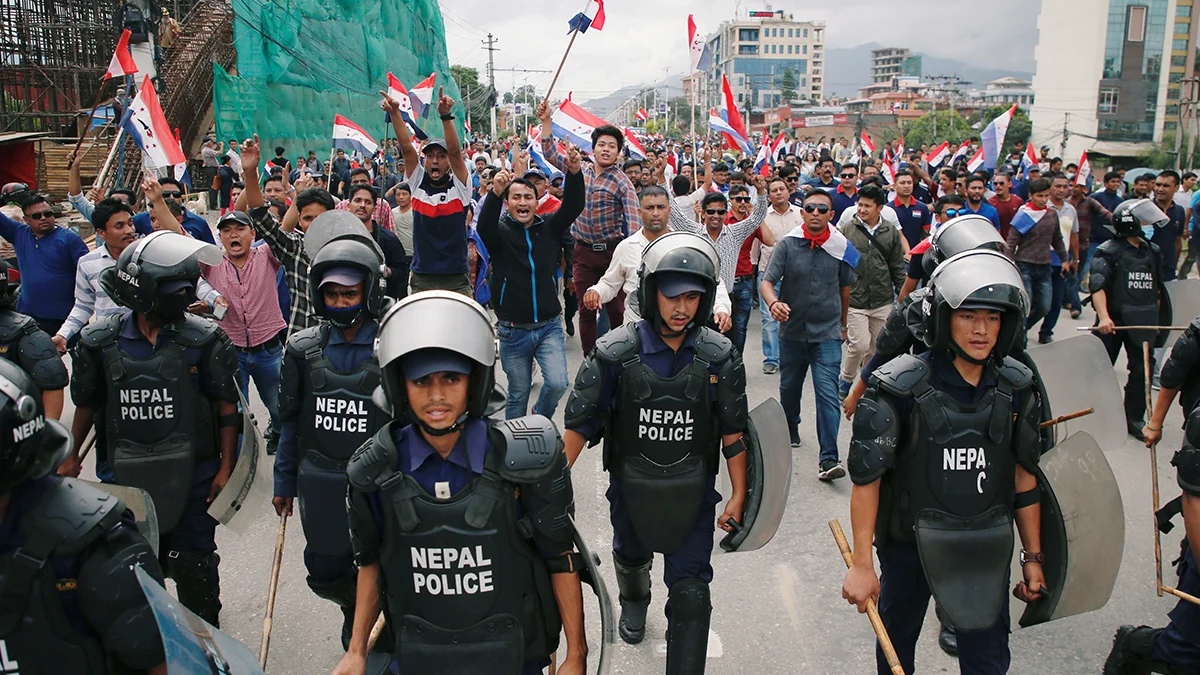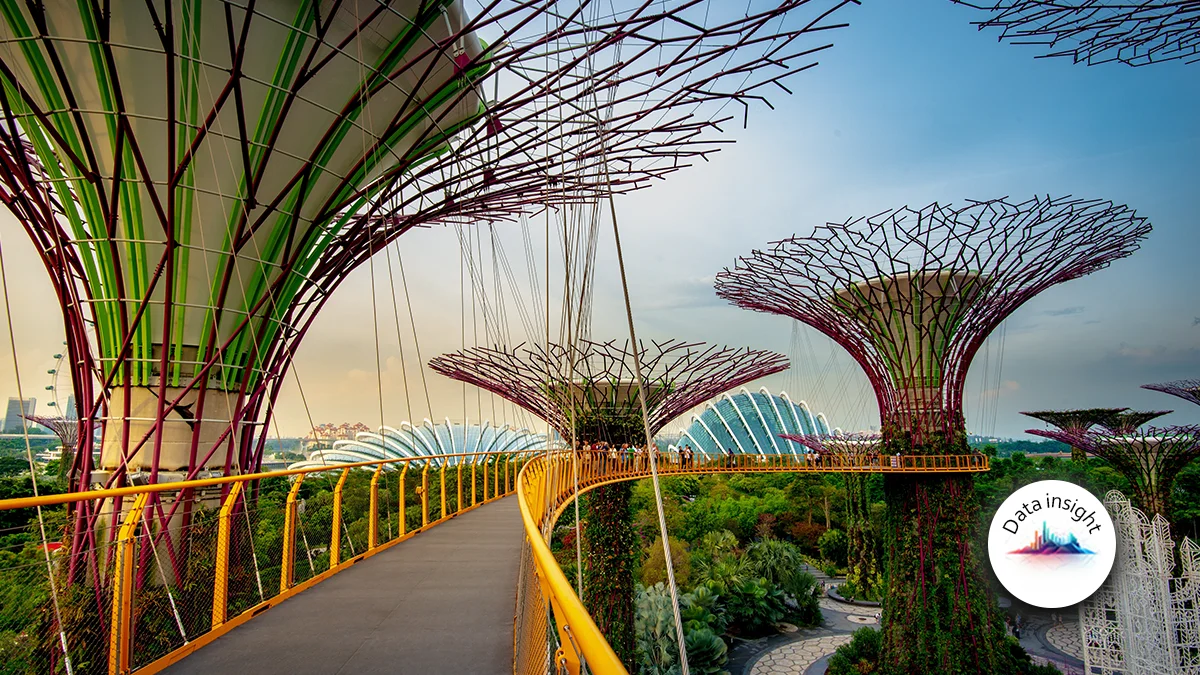• IUMI estimates ‘shadow fleet’ at 300-600 vessels.
• Explosion of Pablo tanker in Malaysia highlights risk to insurers, the environment, seafarers and their families.
• Data shows 25% of Russian oil shipped after Dec 2022 insured by Western insurers.
• Some insurers are moving away from certain deals, others are implementing extra measures.
• Heightened due diligence, better identification of vessels’ red flags and sanctions, and limitations and exclusion clauses can help protect insurers.

Mike Salthouse
NorthStandard’s Head of External AffairsRussia´s invasion of Ukraine has shined a bright spotlight on the challenges insurers face in dealing with elusive shadow fleets of ships that circumvent all types of international sanctions. The issue is a significant one in Asia.
The explosion of the Pablo oil tanker (IMO: 9133587) on May 1st 2023, in Malaysian waters, in which three crew members died, highlighted the more significant risks that insurers now face.
“That is the archetypal example of where the shadow fleet goes wrong because it is a vessel without proper insurance, without proper safety oversight, which has blown up in a spectacular fashion. It was horrific. We’re very lucky there wasn’t any oil on board,” Mike Salthouse, Head of External Affairs at NorthStandard, told (Re)in Asia out of London.
The sanctions environment has intensified significantly over the past year and the complexity of doing business for insurers and customers has increased, says Justus Heinrich, Global Product Leader for Marine Hull at Allianz Global Corporate & Specialty (AGCS).
“At the same time, the increase in the number of shadow tankers is a worrying development, threatening the world fleet and the environment,” he said.
From Russia with love
The International Union of Marine Insurance has warned that it is increasingly likely that a large part of Russian oil flows will bypass the existing global tanker network, and the insurance associated with it.

Julia Joes
BHSI’s Head of Marine, Asia“Ports and safe passages dominated by shadowy entities (are) still willing to deal with Russia,” warned the union, which estimates the shadow fleet circumventing the oceans at between 300 and 600 vessels, of which about 100 belong to Russia.
“The long lead-in gave Russia the time to assemble its own fleet of about 100 vessels to circumvent these sanctions,” wrote Neil Roberts, Policy Forum and Head of Marine and Aviation at Lloyd’s Market Association.
The risks of these types of fleets have always been there, according to Berkshire Hathaway Specialty Insurance (BHSI).
“The reality of the ‘shadow fleet’ has always existed, due to ongoing sanctions on regimes like Venezuela and Iran, which were already supplying oil to large economies like China and India,” Julia Joes, Head of Marine, Asia, at BHSI, told (Re)in Asia. “The addition of comprehensive sanctions against Russia to this list has aggravated the problem and in response, more vessels are being added to the ‘shadow fleet’.”
Multiple approaches to the sanctions
While some insurance companies, like BHSI, are simply moving away from certain deals to avoid the risk of breaching sanctions, others are willing to continue doing business while putting in place extra measures to evaluate their clients and operations involving Russian oil.
“There are rules and then we have always used some form of tracking and screening software as well to make sure that we are not paying people who are subject to an asset freeze or subject to sanctions or receiving money from people subject to sanctions,” Salthouse said.
A complicated term
For his part, Salthouse underscored that the terms “shadow fleet” or “dark fleet”, often used by the industry and the media, can be somewhat deceptive since there are also fleets operating in the open and lawfully circumventing sanctions.
And that is another challenging issue for the industry.
“If you are an Indian ship owner and you want to carry Russian oil above the price cap from Russia to China, then you need a vessel that is not subject to EU/G7 and ensure a classification society and a flag state and a crew and everything else that is not subject to those sanctions,” Salthouse explained.
“It doesn’t necessarily mean that your ship is a bad ship, it just means that you can take those cargoes from Russia to India or China without breaking any sanctions and without being exposed to secondary sanctions because there are no secondary sanctions in place at the moment in relation to this,” he said.
Material risks
In 2022, there were eight incidents involving vessels carrying sanctioned oil, according to a Reuters review of data on vessel mishaps from Lloyd’s List Intelligence.
An example was the Panama-flagged Arzoyi tanker (IMO: 9248473), which spilled some of its cargo while unloading Iranian-sanctioned oil at the Qingdao Haiye Mercuria Terminal in China.
The dark fleets pose a risk to the insurance industry, the environment and even the seafarers on board and their families. The explosion of the Pablo, in May, underscored the significance of the risks.
Under normal circumstances, had the Pablo been properly insured, the hull underwriters or the protection and indemnity (P&I) club would be dealing with the vessel if it was a constructive total loss (CTL), “removing it, and preventing further pollution or incidents. And the crew members, families who died would have been properly compensated,” said Salthouse. “I’d be very surprised if any of that happened.”
The Pablo Aframax tanker changed its flag to Gabon only six days before the explosion, before departing from Shandong, China. The ship, built in 1997 and owned by a shell company in the Marshall Islands, used several names, classifications and flags from countries like Tanzania, Panama and Greece during its 26 years of sailing and was known for calling on ports in Iran.
“As this incident shows, there are a number of worrying scenarios, such as a collision with an uninsured shadow fleet vessel that causes major environmental damage,” said Captain Nitin Chopra, Senior Marine Risk Consultant at AGCS.
Price cap: A complex and sophisticated sanction
The Price Cap Coalition (PCC), which includes the U.S., U.K., Australia, Canada, the EU and Japan, set price caps on Russian oil and petroleum products in December 2022, directly impacting shipping operations and the global tanker fleet that carries oil all around the world. The regulatory move has impacted insurers that provide policies to the fleet and the cargo.
“The Russian oil price cap is a very sophisticated use of sanctions in the sense that it does not ban the product and it does not ban the country of (where it is) coming from… What it is attempting to do is to control the price, and it is doing that because for certain shipments it gets access (to the information). It gets some sort of visibility on the price at some point in the supply chain,” Salthouse explained.
“So, you get the Russian sellers selling to another Russian entity and another Russian entity. And then it gets loaded on a ship and, from the point it gets loaded on a ship, if that ship is subject to Western sanctions, there might be some visibility,” Salthouse said.
The classification society, the bank, or the insurer must have some letter of warranty declaring that the cargo a ship is carrying is below the price cap. Salthouse cautioned that visibility of the transactions typically relies on attestations.
“There’s no way for those entities really checking what the price actually was,” he said.
Data gathered by Kpler and analyzed by the Financial Times shows that, in December 2022, following the introduction of the oil price cap, 25% of Russian oil shipped was insured by Western insurers. Nine of the vessels that sailed with their cargo insured, departed to India, while six others went to China.
“The majority of shipments are going on vessels that aren’t subject to EU G7 sanctions,” said Salthouse.
Despite the sanctions, developing nations are continuing to turn to sanctioned countries to keep their supplies up and this, in turn, is leading to greater demand for bulk vessels to carry all this supply. These vessels may not, or perhaps cannot, have the necessary approvals from flag states, the IACS, the International Group P&I Clubs or other organizations. And this, said Meenakshi Srinath, Head of Marine, Middle East, at BHSI, is the main driver of the growth of the “shadow fleet”.
Due diligence
For its part, BHSI is stepping back from deals involving a handful of specific countries and always takes steps to conduct due diligence to identify red flags and sanctions restrictions associated with a vessel or a cargo operation.

Meenakshi Srinath
BHSI’s Head of Marine, Middle East“Unfortunately, these facts are normally shrouded in several layers of obfuscation, and it is quite unlikely that we will be able to get full clarity,” said Srinath. “For this reason, BHSI currently do not write any Russian or Venezuelan or Iranian crude cargo due to sanctions exposure or simply because they fall outside our appetite. Our stance or appetite is not so much affected by the imposition of price caps on oil, but more due to the difficulty in obtaining information needed to ensure we are not falling afoul of sanctions restrictions.”
“Under Marine Open Covers, information on carrying vessels is usually not received until after the event or transit. Combined with the layers of parties which require investigation before providing marine cover, it is practically impossible for insurers to ‘police’ the trade. Beyond due diligence at the outset, we always include an approved Sanctions Limitation and Exclusion Clause in the policy wording. The clause is meant to protect insurers against unintentionally providing coverage to facilitating the activities of sanctioned parties,” said Joes.





